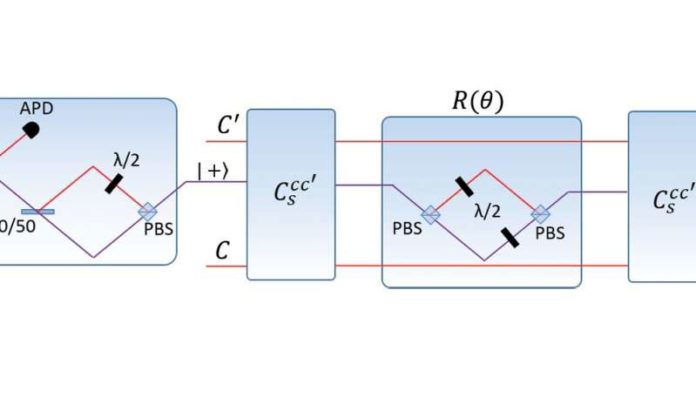In the last couple of years, researchers investigated if quantum computing can help to improve classical machine learning algorithms. This also gives a systematic overview of the emerging field of quantum machine learning. It presents the approaches as well as technical details in an accessible way.
To run multiple algorithms of quantum computing very effectively, scientists have developed a new machine learning algorithm. This novel algorithm works with continuous variables instead of discrete variables.
Inside the field of quantum information, quantum machine learning is the subfield that composes the speed of quantum computing. It has the ability to learn and adjust like machine learning.
The benefit of this quantum machine learning algorithm that it can theoretically run faster than classical algorithms. The existing model that works with continues variables has far-reaching applications.
Co-author George Siopsis from the University of Tennessee said, “This work has the ability to take advantage of photonics to perform machine learning tasks on a quantum computer. It could far exceed the speed of any conventional computer.”
“This also offers benefits like lower energy requirements owing to the ability to store more information per qubit, and a very low-cost per qubit compared to other technologies.”
Scientists primarily developed a new set of tools that work with continuous variables. They even replace the logic gates that are used for discrete-variable states with physical gates. The physical gates work for the continuous variable state. Through this basic building blocks, scientists then developed new methods called subroutines. This method power the quantum machine learning problems showed by matrices and vectors.
According to scientists, the system has the applications in optical systems, spin systems, or trapped atoms. Now, scientists are discovering the way to extend the system with discrete variables also.
Scientists said, “The results of the study are purely theoretical, the physicists expect that the new algorithm for continuous variables could be experimentally implemented using currentlyavailable technology. Regardless of the type of system, the implementation would be challenging. “
